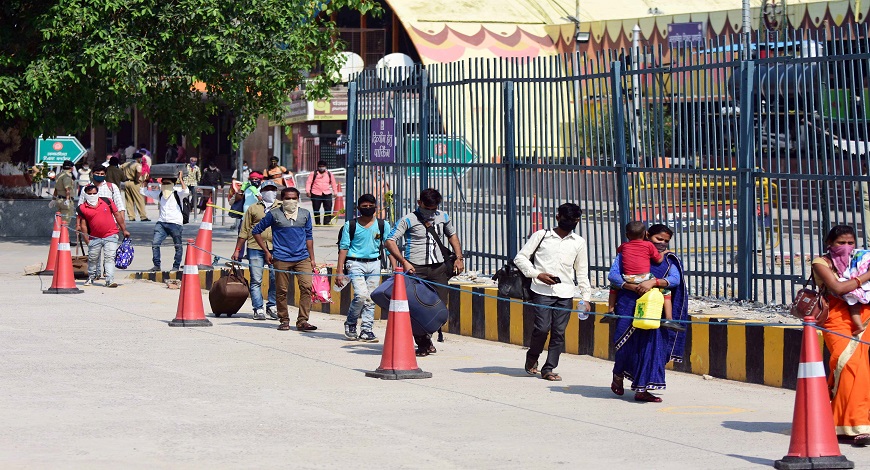
Managing Migrant Worker Crisis through Labour Exchanges
- By Gopal Naik--
- May 19, 2020
Labor Exchange, Reverse Migration, Bangalore
Migrant workers are critical to many economic activities particularly for infrastructure development and private investments. According to estimates migrants constitute nearly 20 percent of the Indian labour force. The present problem of managing migrants returning home due to lockdown has been a major challenge for both Central and state Governments. The immediate concern has been their safe journey back home particularly of those who must walk hundreds of miles with their families. Their ability to manage safe and adequate food and water along the journey is equally worrying. Even after they reach home safely, shear exhaustion and the debilitating experience is likely to have long lasting adverse impact on their health and livelihood. There may also be a significant change in the way they have considered work-related-migration, particularly, the long-distance endeavours. It is likely that there will be substantial change in their preferences with respect to the location of work and expectation of working conditions. Workers are likely to prefer employment nearby their home even if wages are lower. Unless local economy in their neighbourhood can accommodate them, their hardship is likely to aggravate and continue for a long time. Also, these changes may make their existing network to source work less helpful and will have to find newer ways of exploring employment opportunities.
One way to alleviate their problem, therefore, is to organize a vibrant labour exchange. Labour exchanges are a platform that can match supply of and demand for labour. They can be organized to facilitate workers and employers. Both workers and employers should be able to register with adequate details, and the exchange should be able to match the offer from workers and requirements of employers based on those details and inform both the parties about the match for them to take the negotiations forward. Workers who are willing to work should be able to register with their details such as age, gender, language they can speak, their preference for locations, skills they have, type of work they are willing to do, time (days, weeks and months) during which they are ready to work, expected wage, expected facility, etc. They may do so weeks in advance so that they can hope for better employment opportunities fitting their requirements. The employers should also provide similar details such as any specific language requirement, nature of work, skills required, location of work, duration of the work, facilities available on the job location, etc. The exchange matches the offers from workers and requirements of employers and generate a list of matches with their details to be communicated to both workers and employers so that they can contact each other for finalization. Both workers and employers may indicate their non-negotiables to facilitate easier conclusion once matches are found.
This facility should be organized by Government preferably, the State Government level, as it has appropriate familiarity and control of the job location, as well as it has the required dispute settlement mechanism. However, workers and employers outside the state should also be allowed to register. This service should be provided with a nominal charge to the employers. The State Governments can take the help of existing employment portals so that it can be implemented immediately. There may be only small modifications required in their existing portals to suit the new requirements which can be done in a short period of time. Labour departments of the state can organize student volunteers and staff who can help both workers and employers to register in the portals with their details as well as, when the matching happens, immediately communicating it to both the parties. The portal may need quick upgrades so as to respond to the requirements of workers and employers. Portal may also have a rating system based on the feedback of worker and employers so that it can be shared with the next worker and employer. The government may also provide insurance facility to workers at a subsidized premium rate which can be paid by the employers.
Availability of this facility can be widely publicised through SMS, television and radio messages. An application in the local language can be offered so that those having smart phone can register themselves. Voluntary organizations, labour unions and government departments can also help in creating awareness, particularly in the current camps. Those who are in camps can be immediately registered so that they can get employment at the earliest. Common Service Centres in both rural and urban areas can be informed to help workers and employers to register in the portal. This facility will help not only workers but also small-scale sector and agriculture sector employers as their search cost compared to their wage budget are likely to be high, particularly in the current situation.

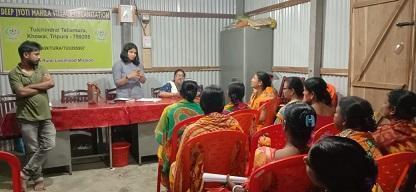
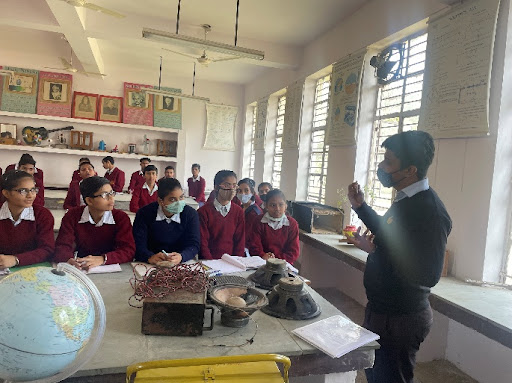
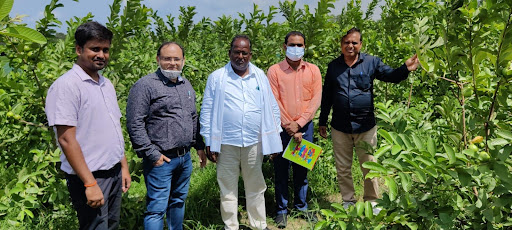
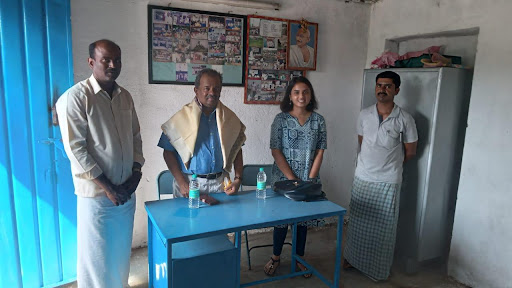

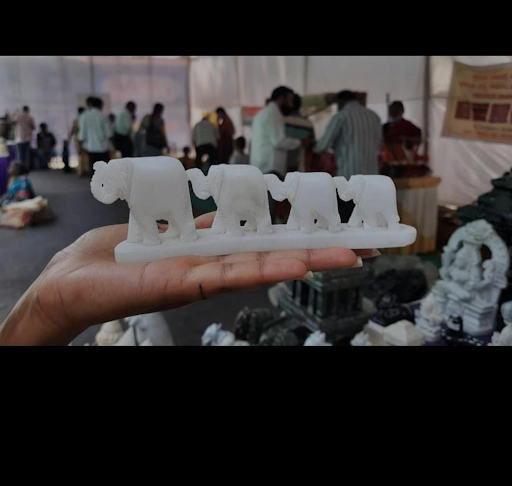
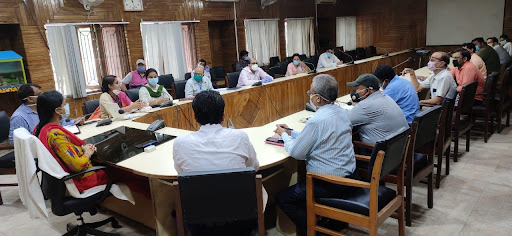
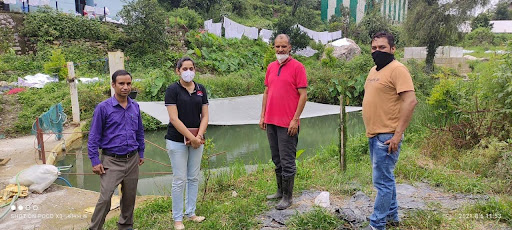
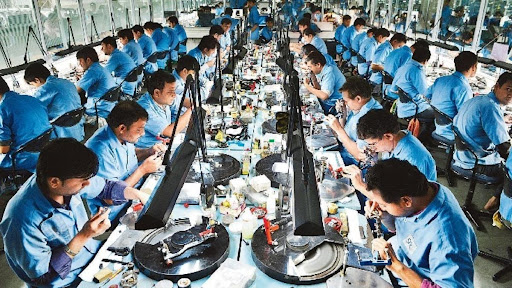




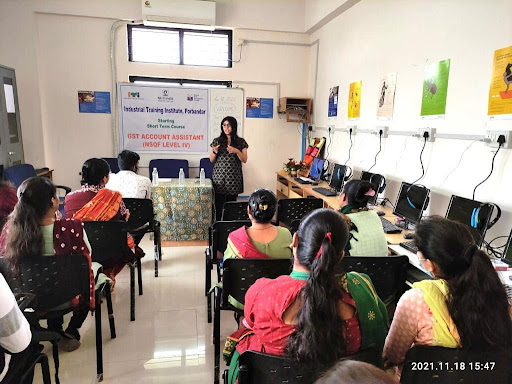
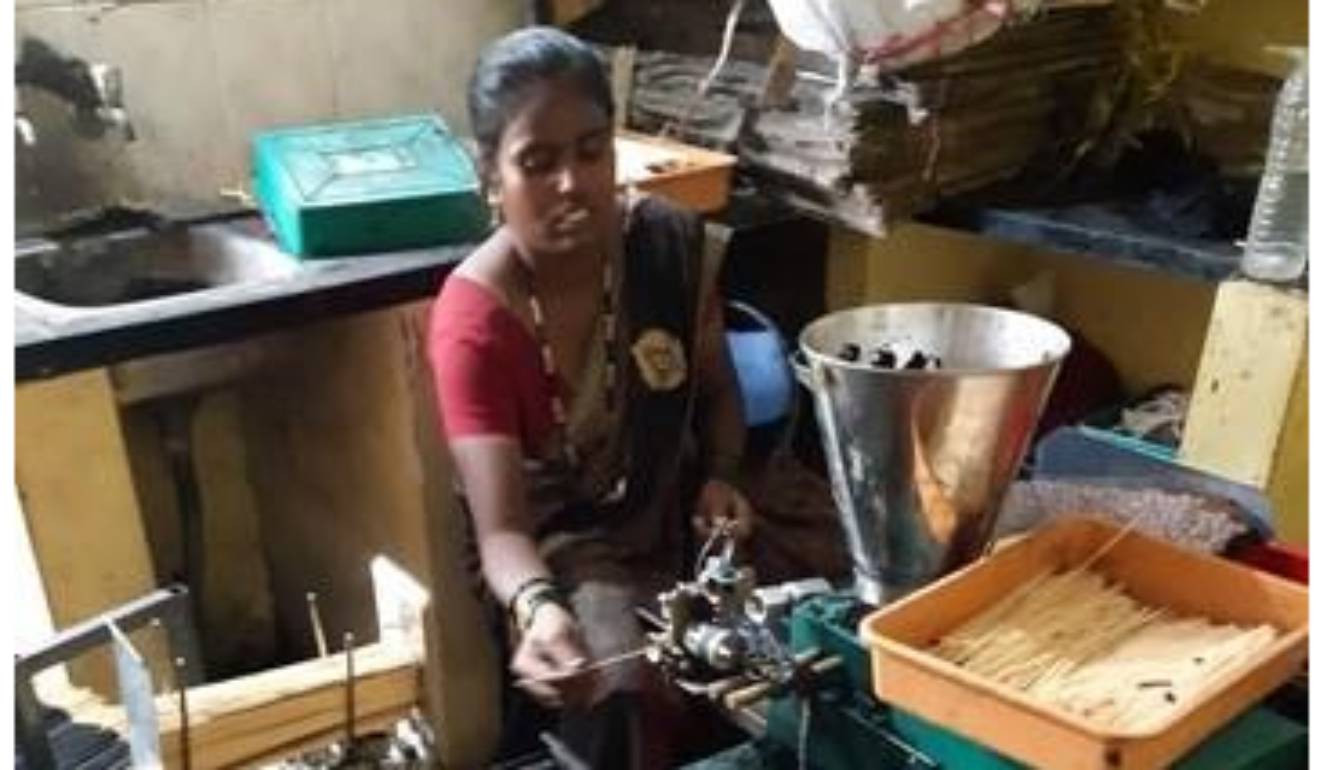



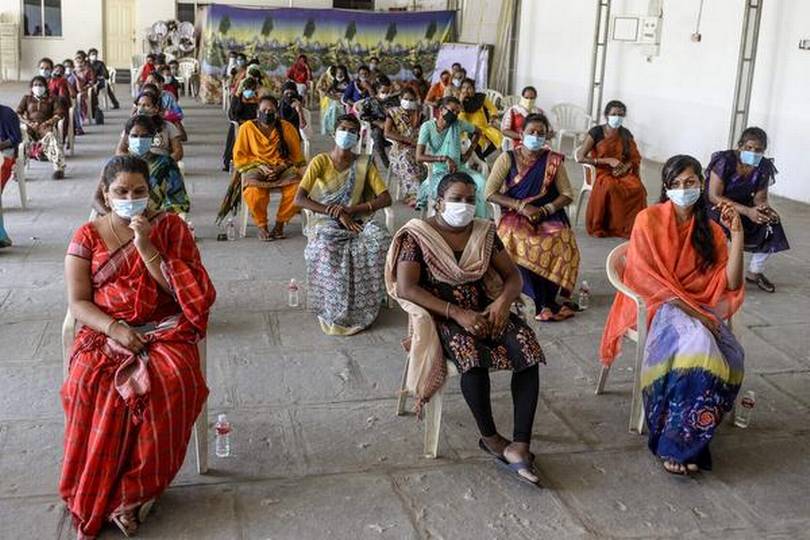








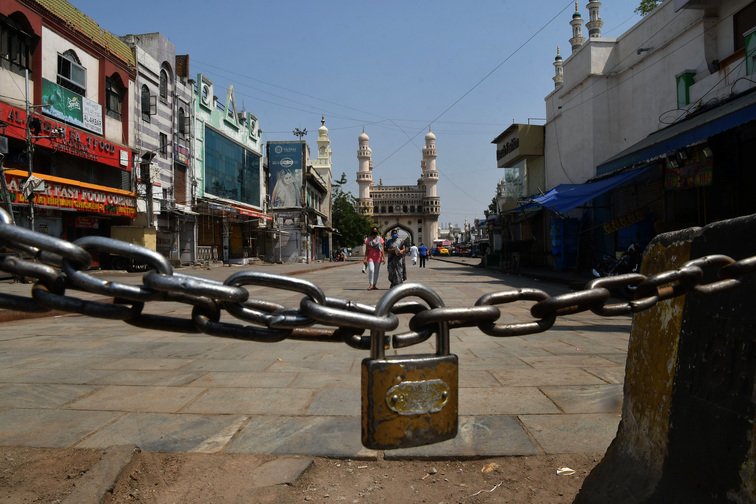




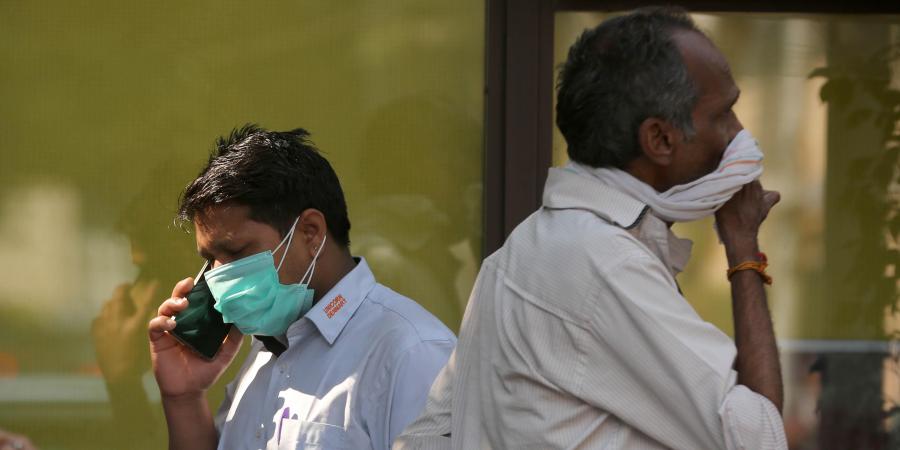



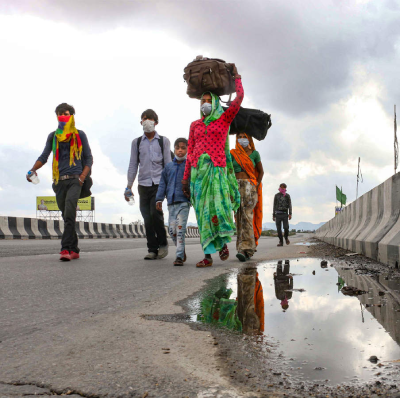
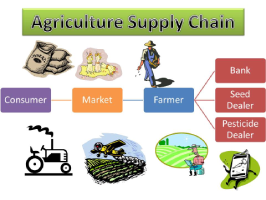
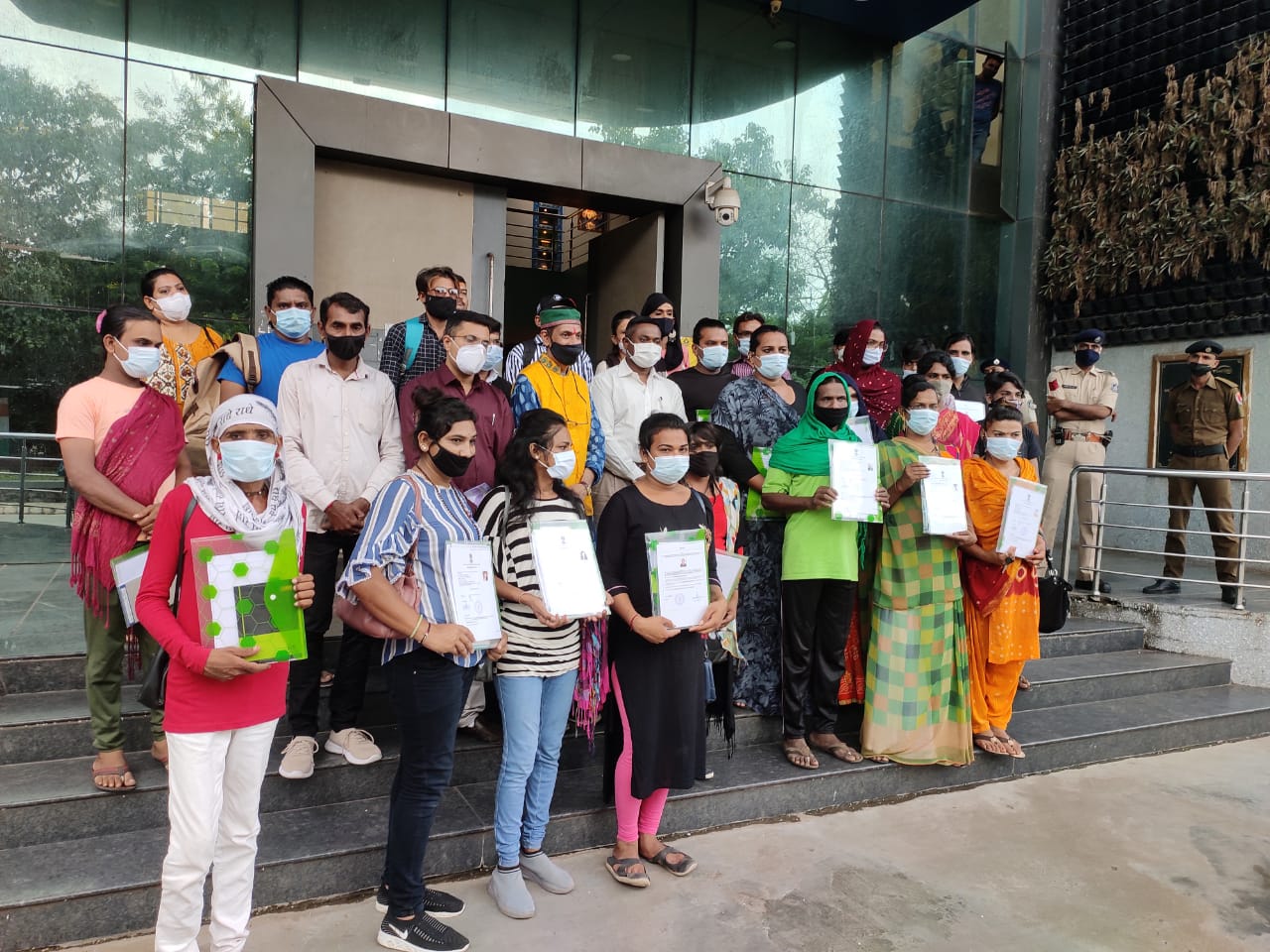
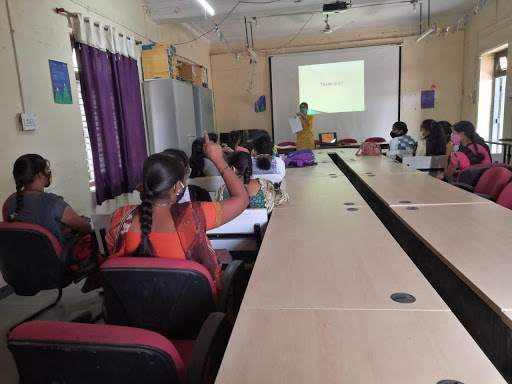



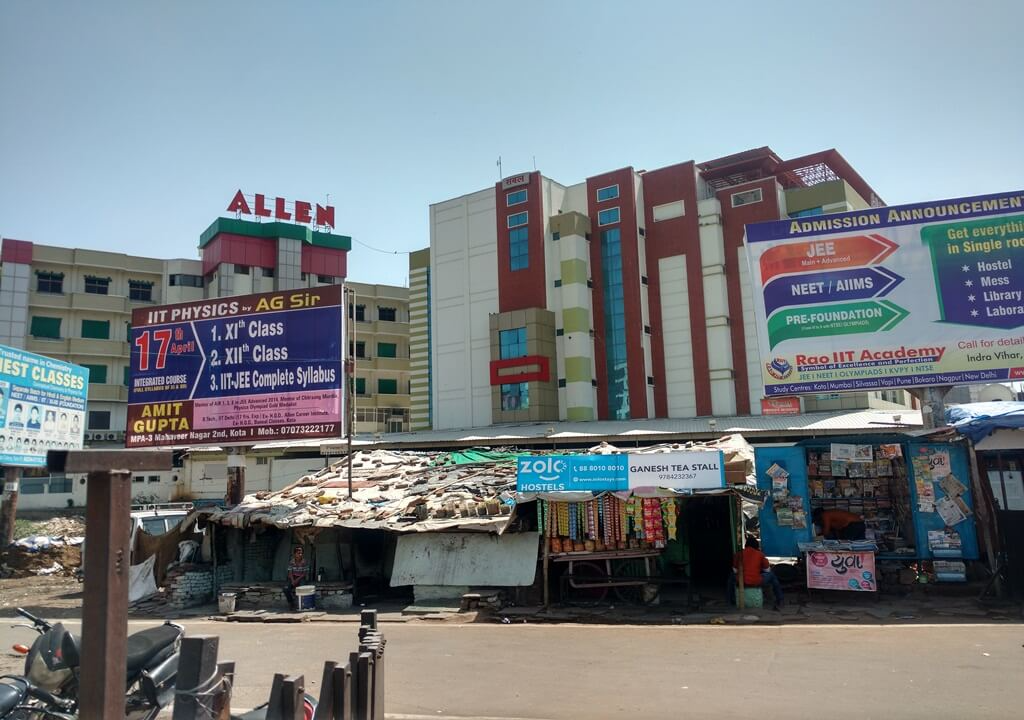
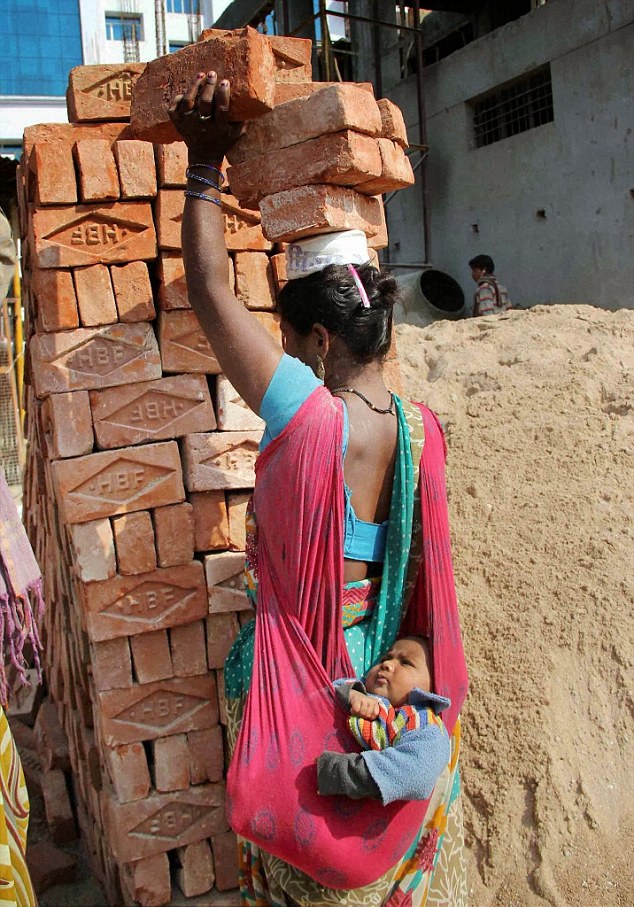

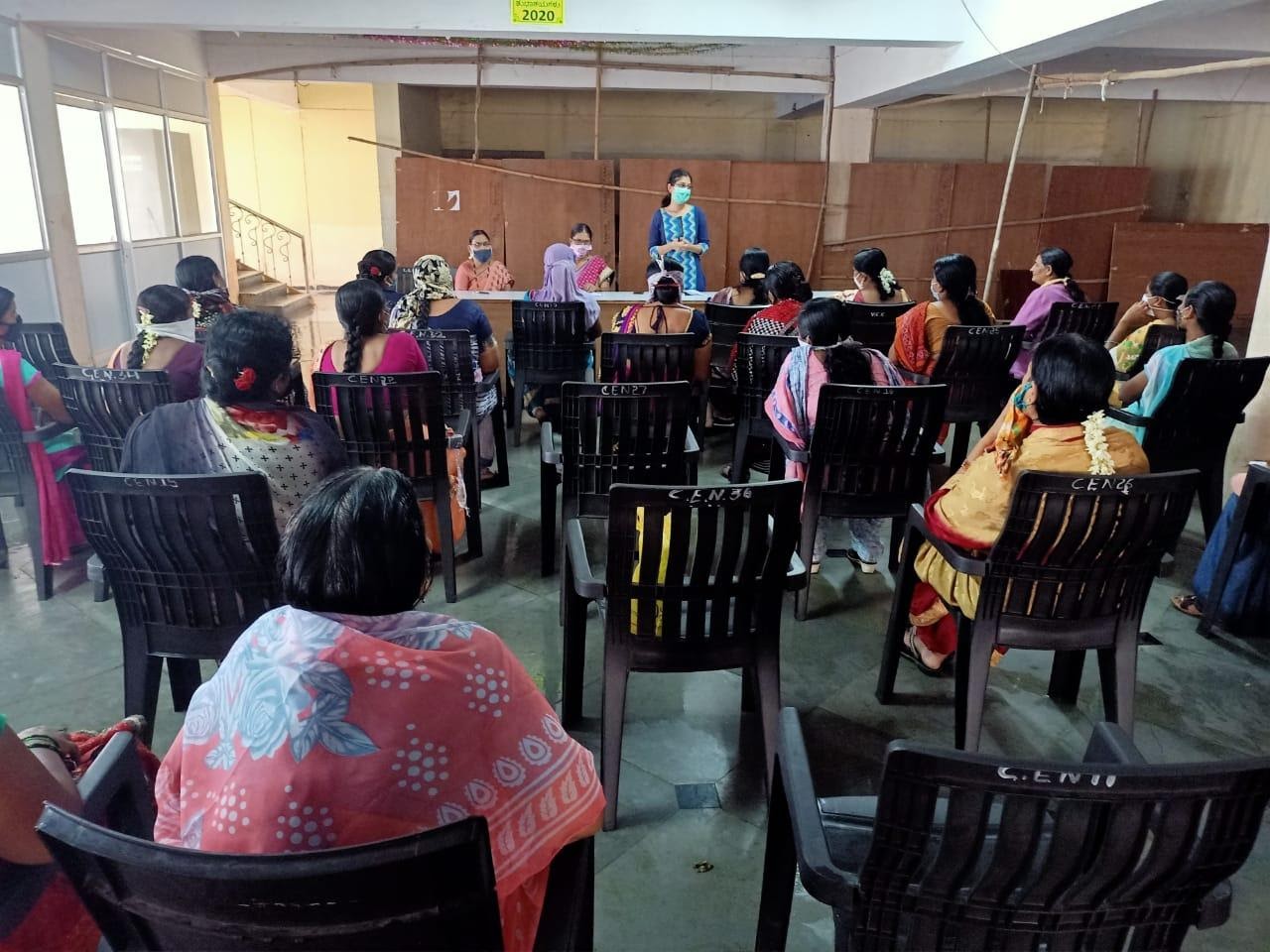


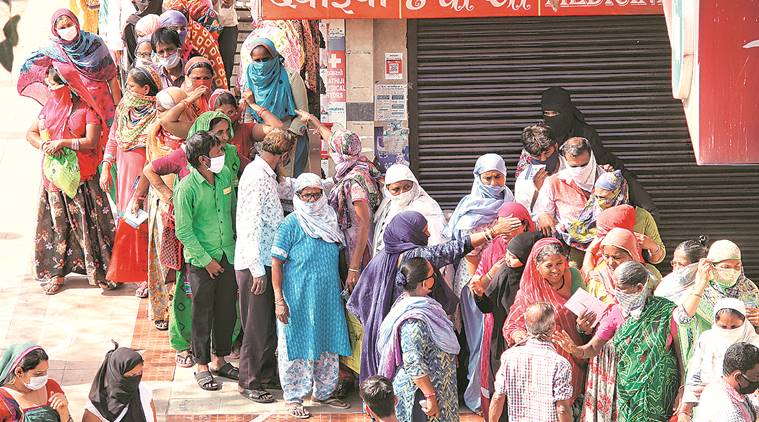

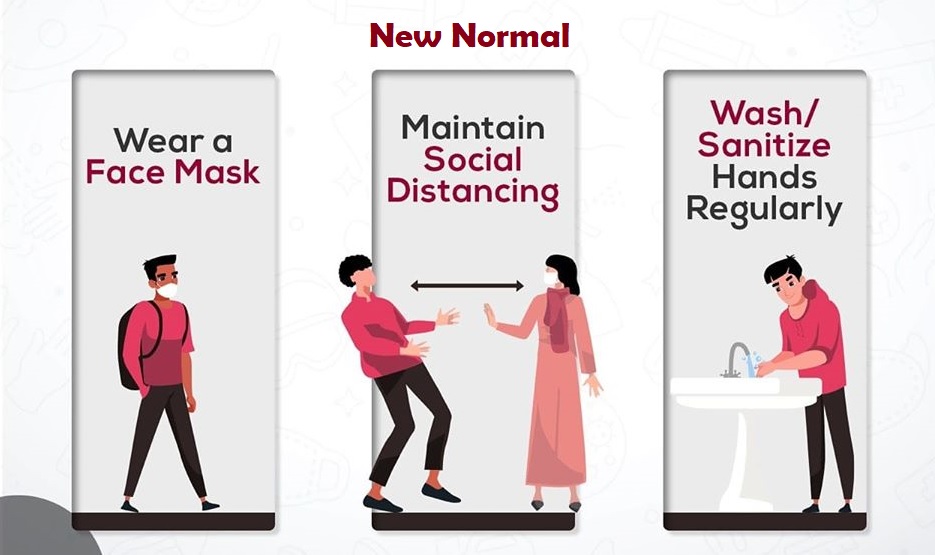


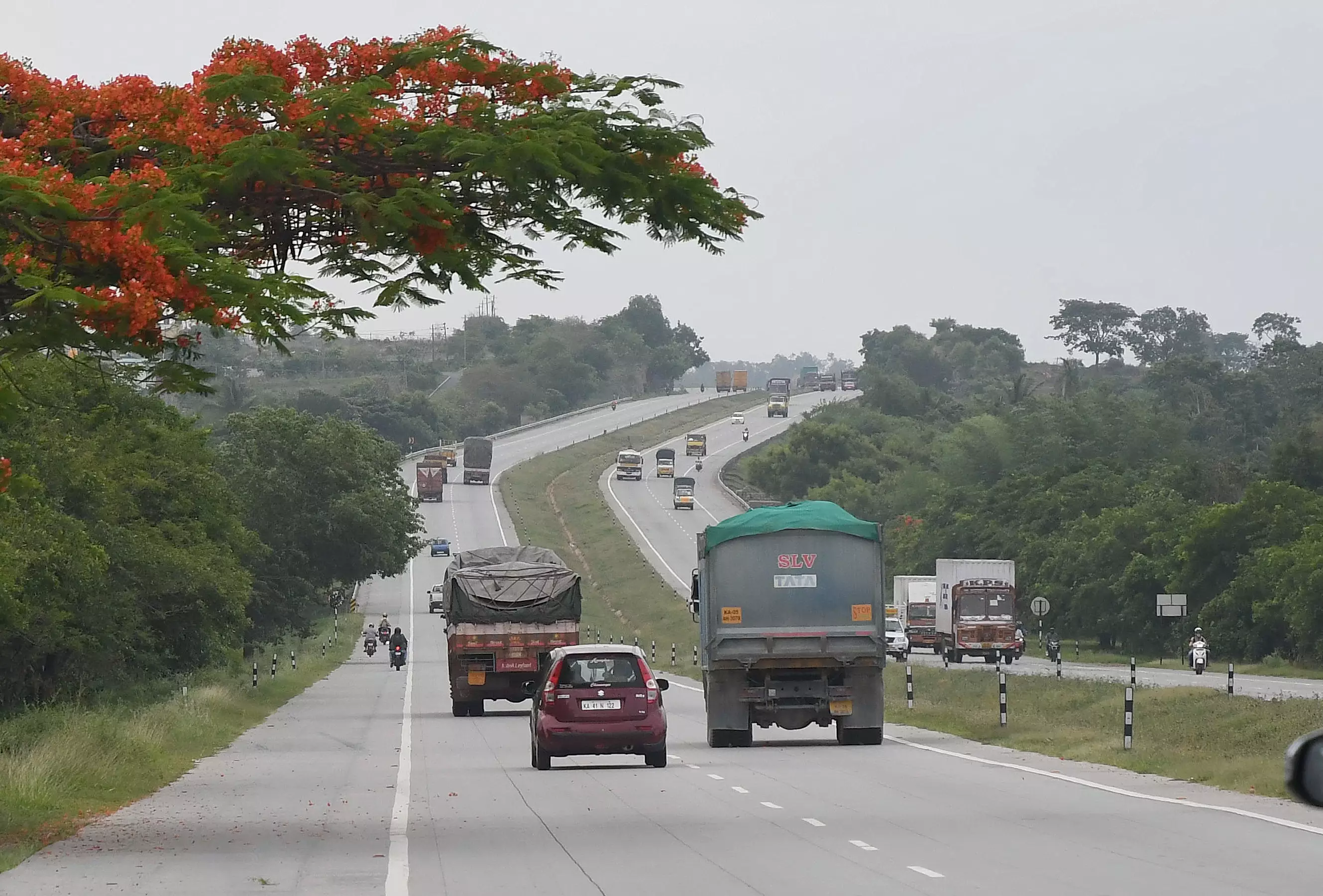
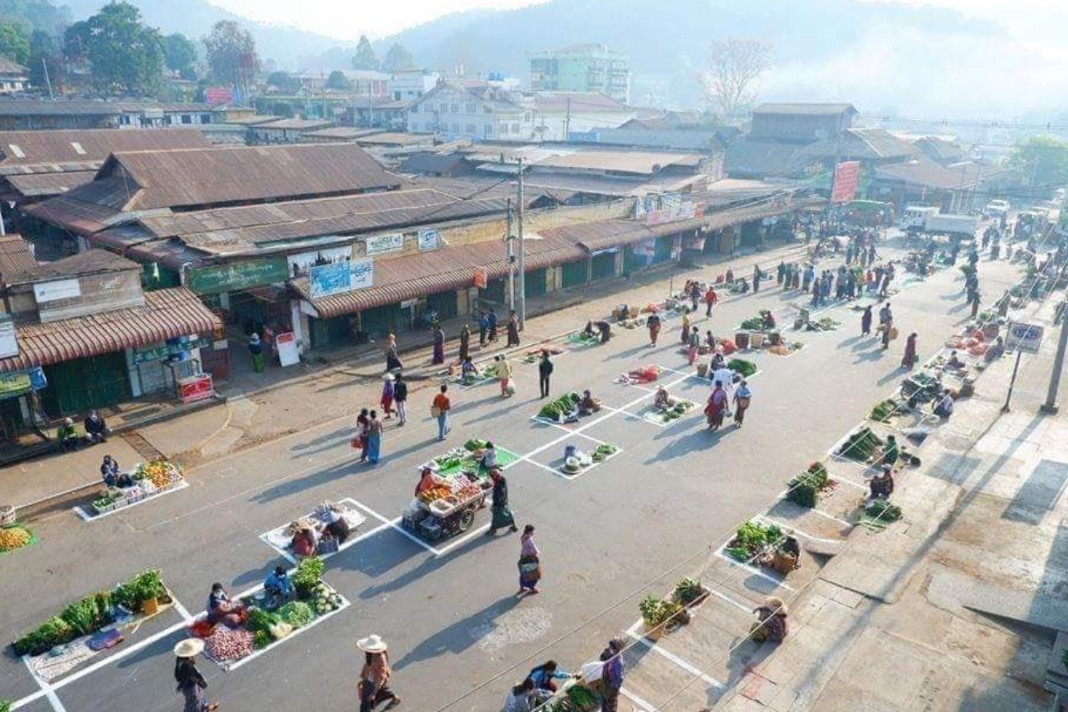

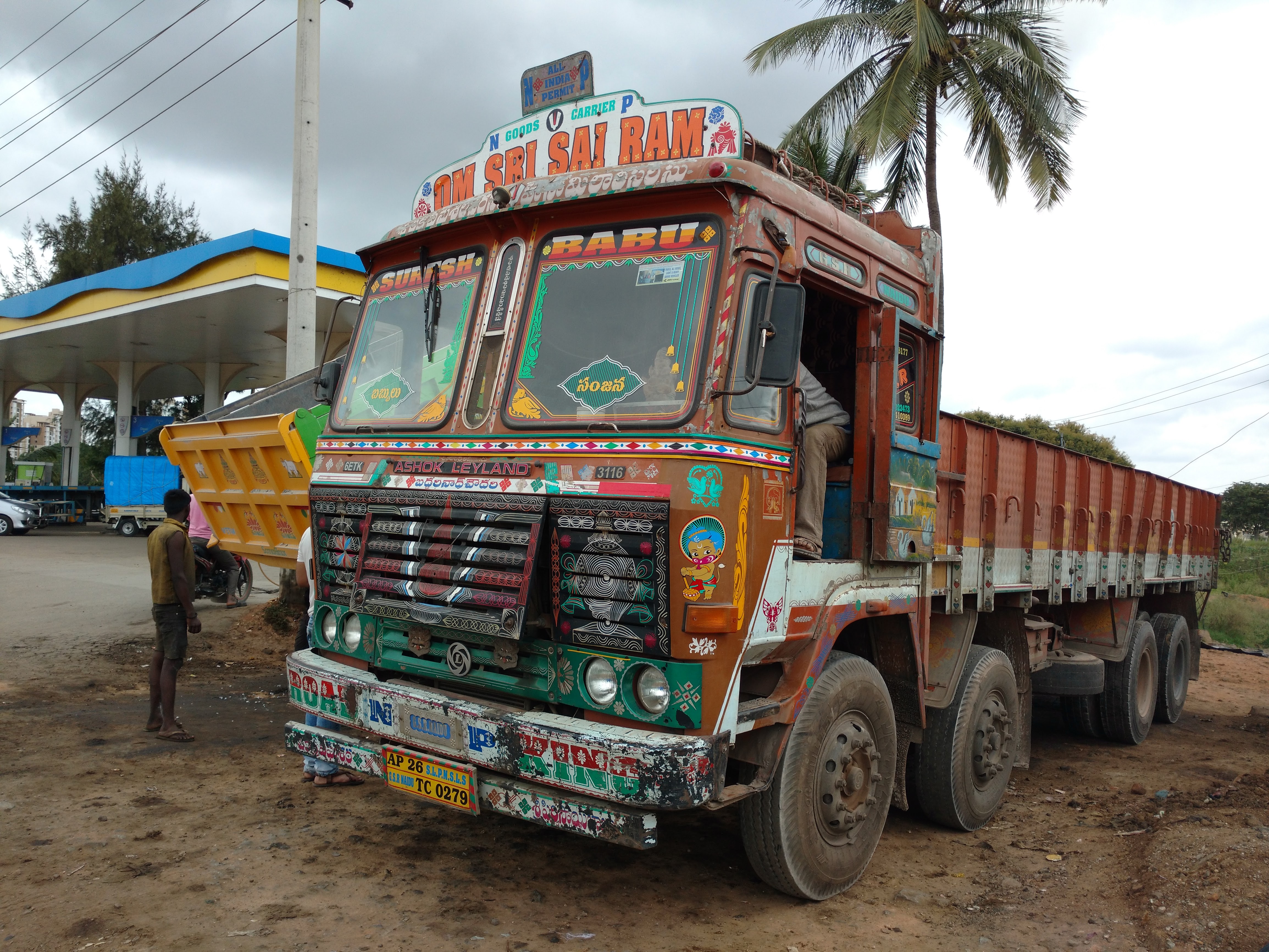



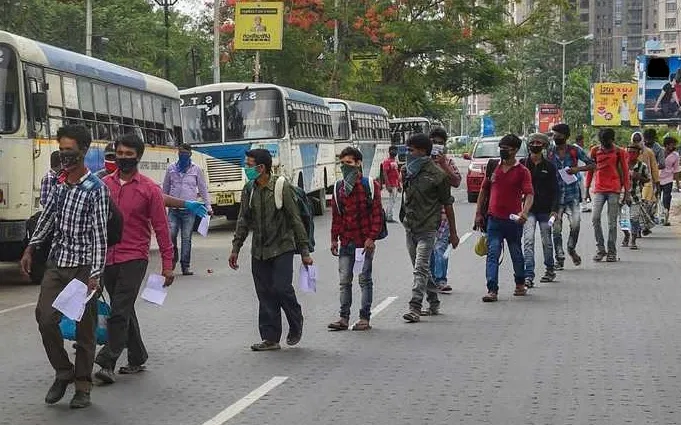



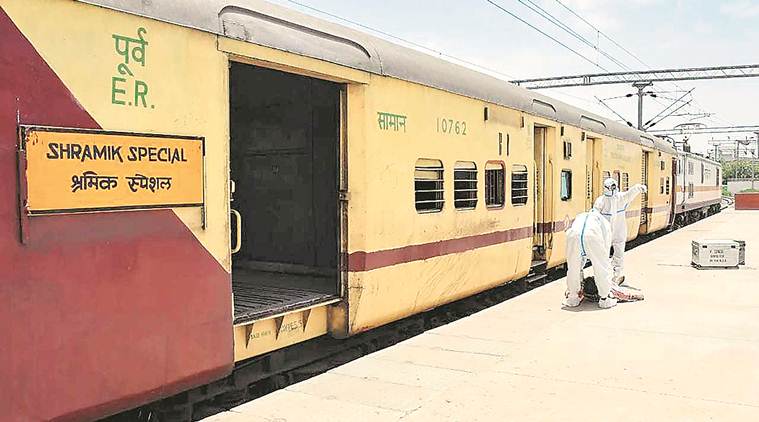



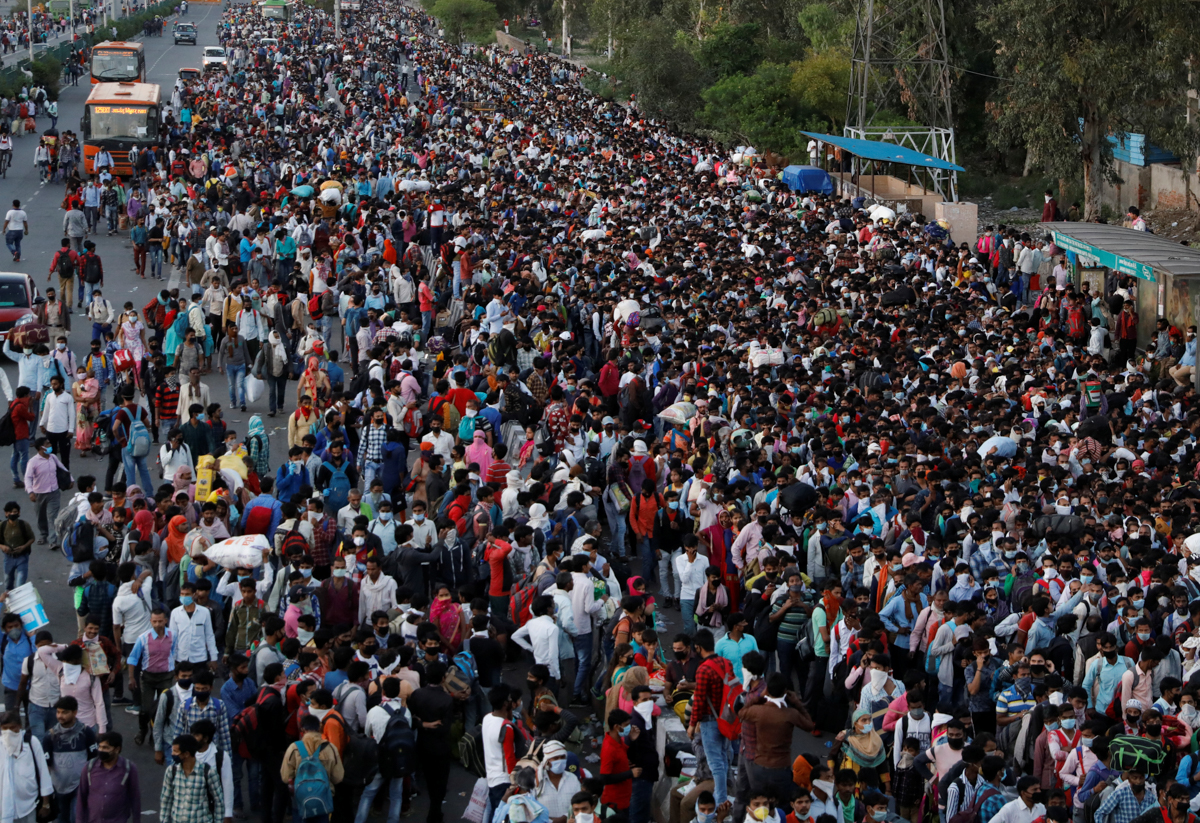
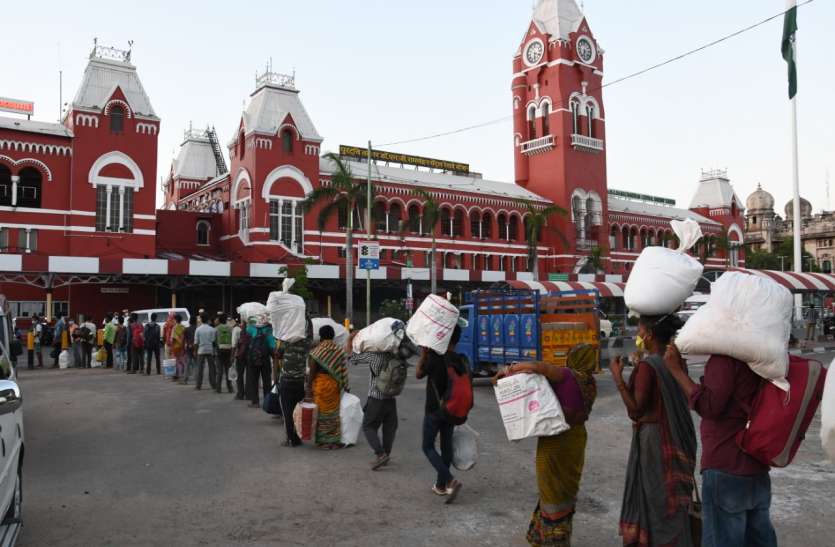
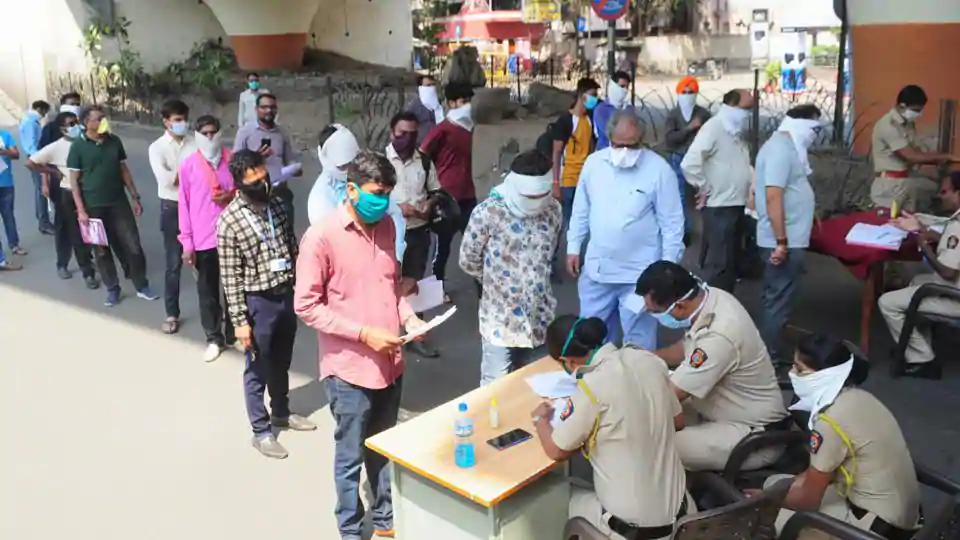

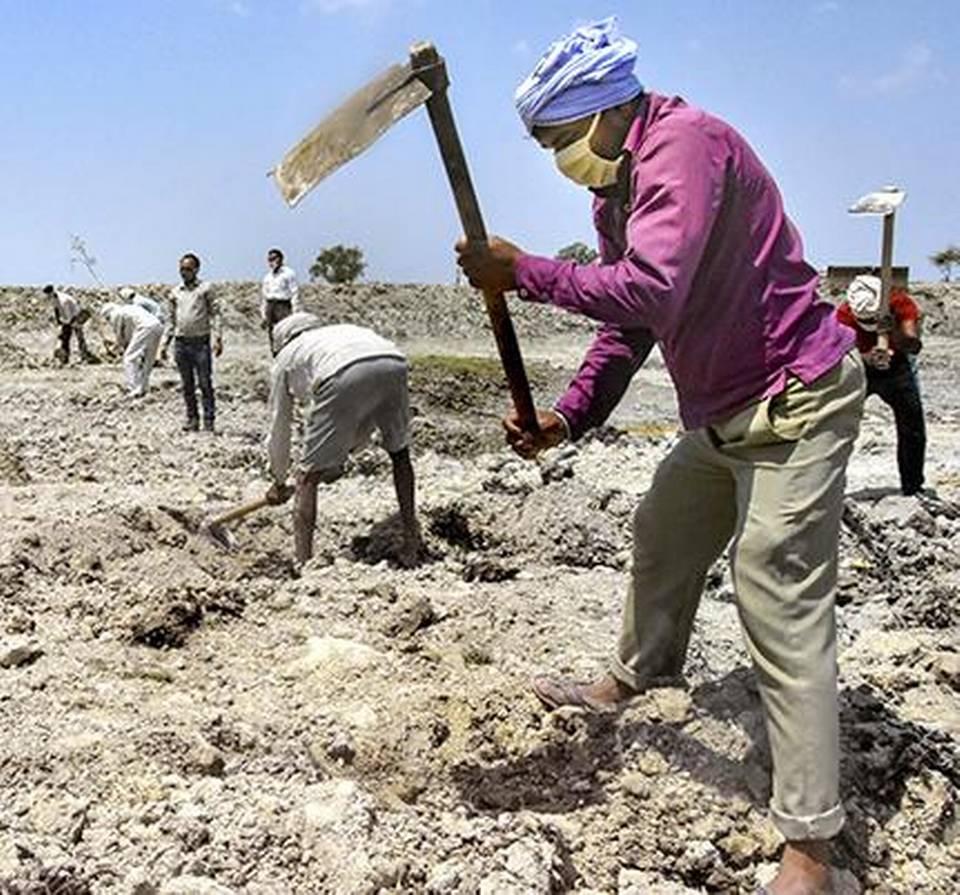
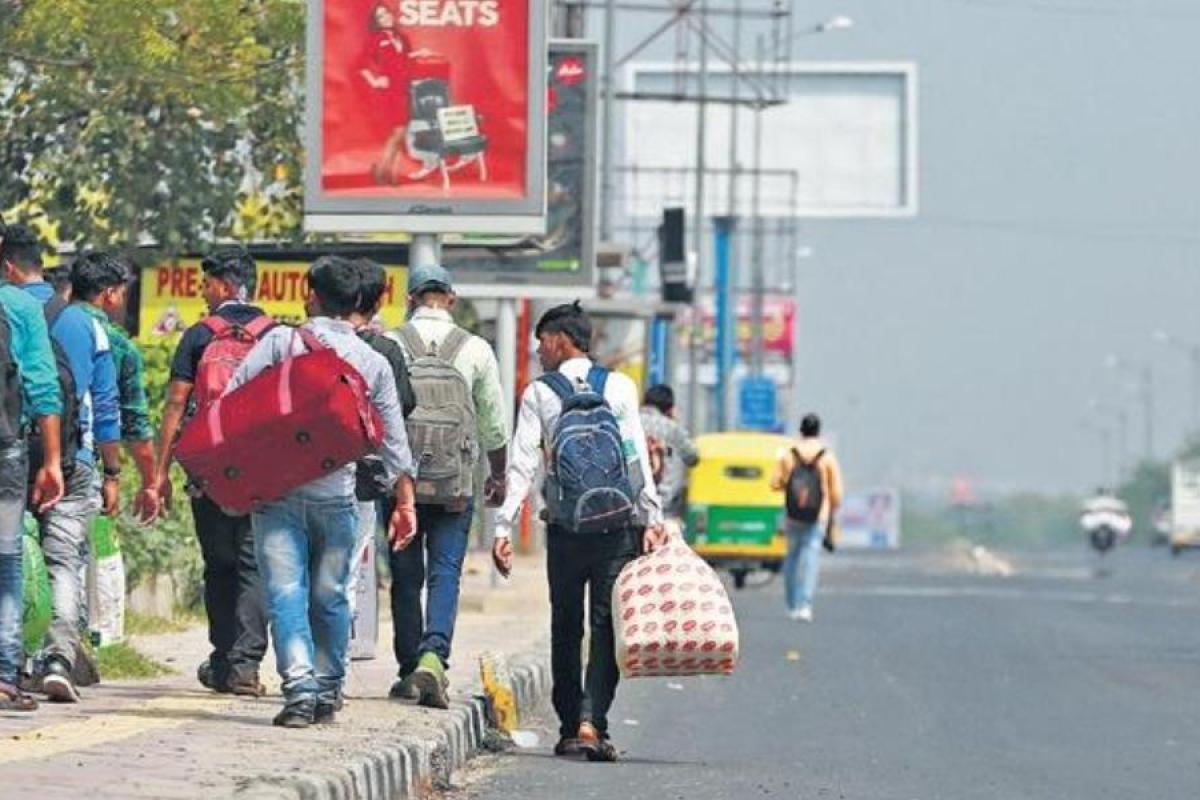
Gopal Naik